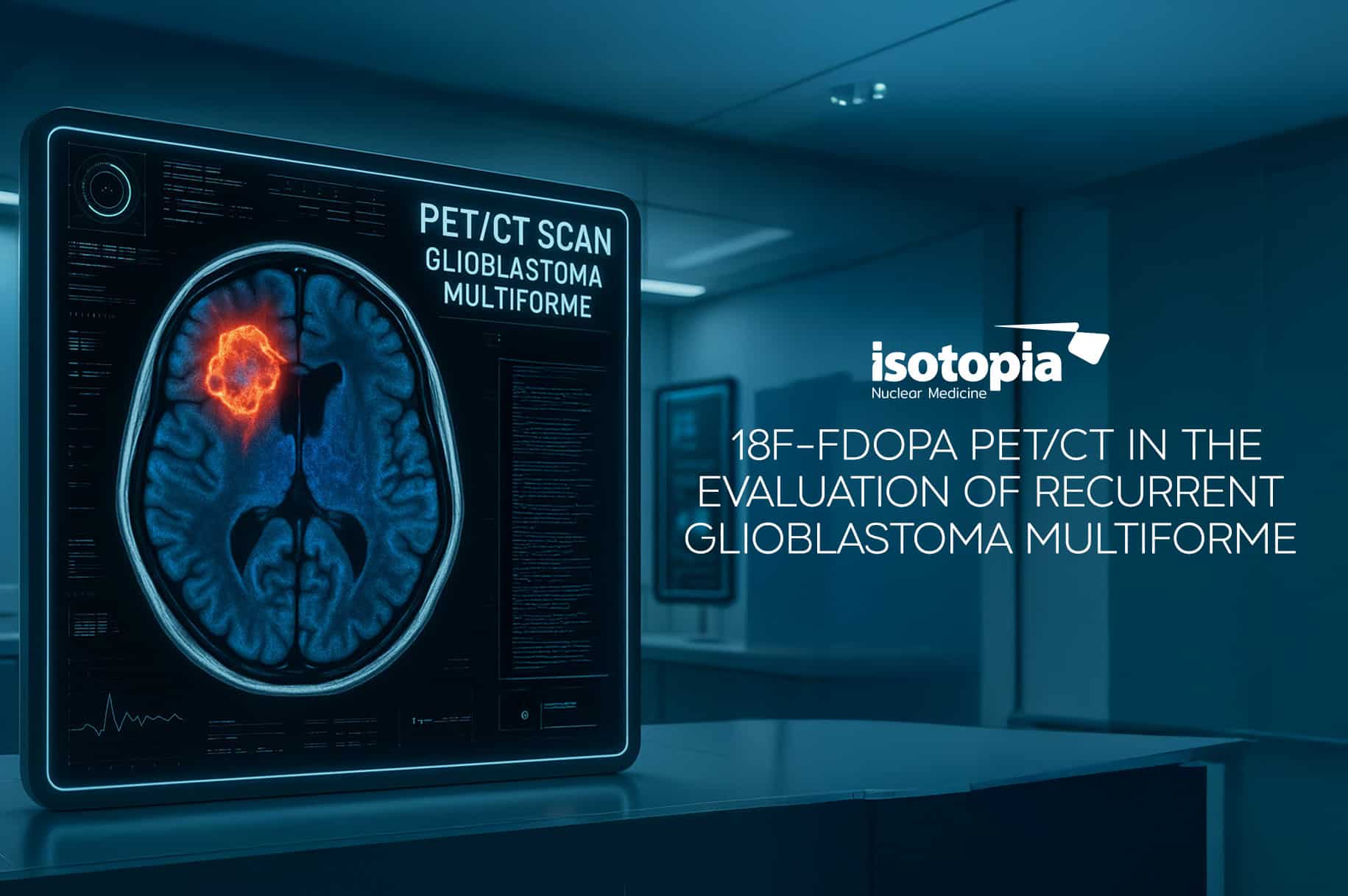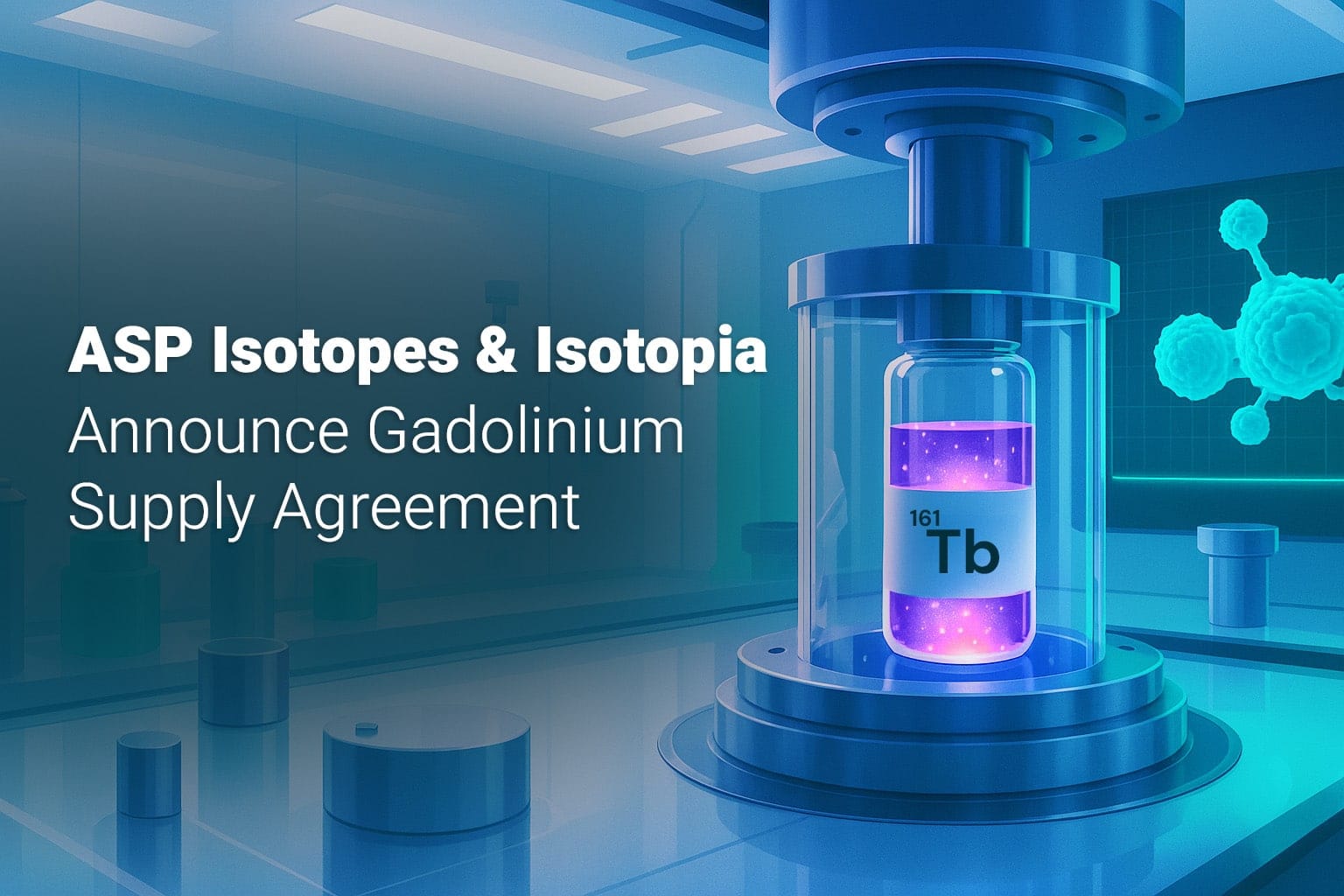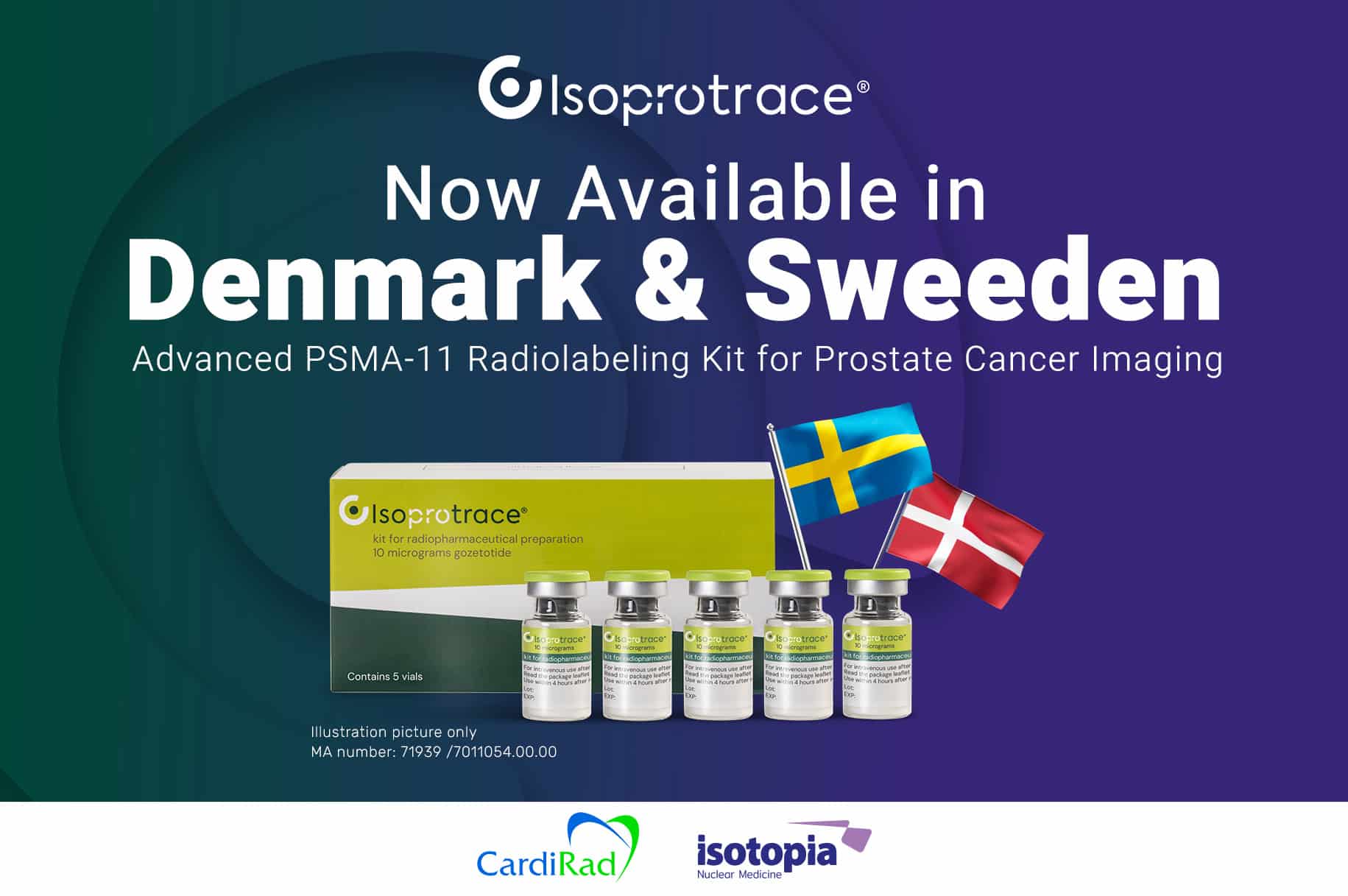Isotopia's Home page » IsoBlog » Prostate cancer
Prostate cancer
Innovative metastatic prostate cancer treatment with 177-Lu-PSMA.
Prostate cancer is the most common cancer in older men (over 50) and the second cause of cancer death in men.
In most patients, it is a localized disease that will be treated by surgery or radiation.
Approximately 15% of patients will be diagnosed with metastatic disease already at the initial diagnosis and another 10-15% will develop metastasis at a later stage of the disease.
A total of approximately 30% of patients will require drug treatment for metastatic disease.
Androgen deprivation therapy (ADT) by suppressing the secretion of the male sex hormone, testosterone, (chemical castration) is the usual treatment in this situation.
Most patients respond to ADT, but some patients develop hormone resistance, causing the disease to continue develop and progresses.
At this point, the cancer is defined as “castration-resistant metastatic prostate cancer.”
In 30% of patients with castration resistant prostate cancer, the disease spreads to other organs in the body, such as lymph nodes, bones, lungs and liver.
This form of disease is usually very aggressive and less responsive to various oncology treatments.
The lines of therapy at this stage include chemotherapy with Taxanes group drugs, advanced hormone therapies or biological treatments.
Lu-177 PSMA an Innovative therapy for advanced metastatic prostate cancer that is unresponsive to conventional therapies, is giving patients hope after being proven in studies done in Germany and Australia showing relatively high rate of success.
The treatment is based on intravenous injection of a molecule tagged with the radioactive isotope, Lutetium-177, which specifically binds to a unique protein, called PSMA (Prostate Specific Membrane Antigen) found in high concentration on prostate cancer cells.
This molecule acts as a “target-guided missile” that attaches to the cancer cells, radiates them and kills them.
This targeted and innovative treatment is called molecular radiotherapy with 177-Lu-PSMA.
In order to check treatment compliance, it is necessary to perform all-body scan with 68-Ga-PSMA on a PET-CT camera to check the presence of the target protein across the tumor cells.
Prior to the treatment it is mandatory to assess the patient performance status, evaluation of bone marrow function, kidney function, liver function etc.
The course of treatment is relatively simple and does not require hospitalization, but only a short stay of up to about 4 hours in the hospital after the injection of 177-Lutetium-PSMA, and then discharged home.
Metastatic prostate cancer treatment can be repeated every 6-8 weeks, usually up to 4 cycles of treatments.
It is important to note that this treatment is now given to patients who have exhausted all available therapeutic options and their illness continues to progress and their quality of life is poor.

Haim Golan
MD MSc
Chief Medical Officer
Isotopia






